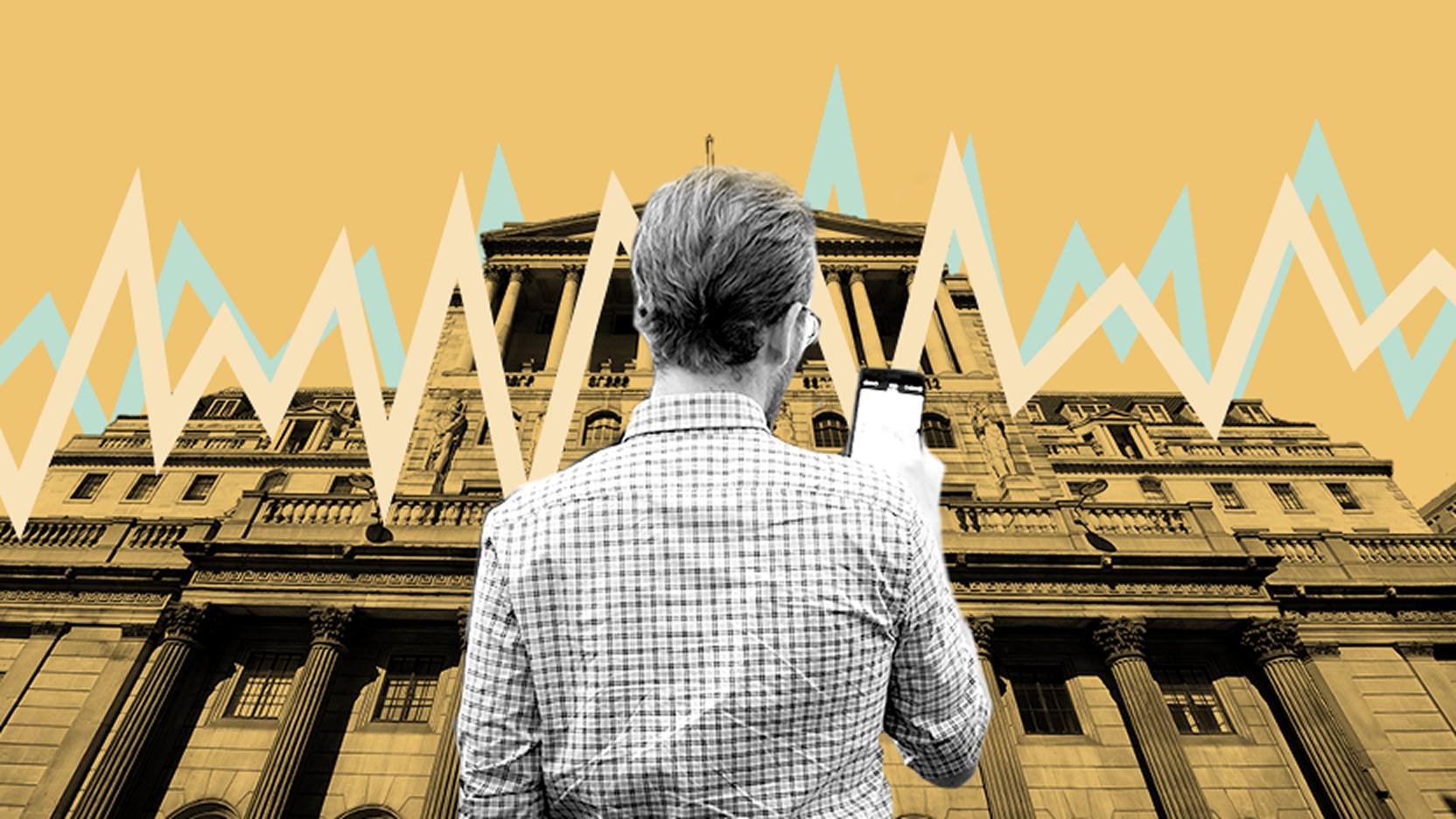European markets are a tad firmer this morning after sliding yesterday. Defence stocks like Rheinmetall outperformed, but banks and consumer names lagged. The FTSE 100 fell to a four-week low despite a boost for defence firms led by Babcock. Crumbling oil futures hit Shell and BP. Shares are a tiny bit higher in London and firmer still in Frankfurt and Paris. US stocks were steady on Wednesday, with the S&P 500 flat and the Nasdaq hitting a new record as Nvidia rallied over 4 per cent.
Following a report in the Wall Street Journal, Shell says it is not looking to buy BP. But BP could do worse – Elliott is pushing hard for something to happen. Speculation around a BP takeover has been rife as a prime candidate for a stronger predator, but for now it seems Shell is happy to focus on its own assets. Further consolidation in oil majors seems inevitable though. I don’t think this is the last of it. Read more on that here
US President Donald Trump could speed up naming a successor to Federal Reserve chair Jerome Powell, a move that could considerably undermine Fed policymaking in the interim. Trump berated Powell once more and said he could pick the next chair as early as September, well ahead of Powell’s leaving date in May 2026, in effect creating a shadow Fed chair who could hold more sway with markets than the actual Fed chair. We are not in Kansas anymore. Trump will seek a ‘yes man’ who will cut – he’s already been calling for rates to be 2-3 percentage points lower. Fed governor Kevin Warsh and National Economic Council director Kevin Hassett have been touted as potentials.
Bottom line – the Fed is staying cautious on rates right now, but if we get a shadow Fed chair in the autumn saying he will slash rates as soon as possible, you will see inflation fears rise and markets will sell long-dated bonds and push the dollar lower. As this comes at the same time as the tax bill cements massive fiscal deficits, you can see why markets are starting to look jittery again. We have to deal with unpredictability as the new norm. Trump fatigue syndrome is already setting in.
The comments sent the dollar lower with the euro hitting its best since 2021, the Swiss franc at a decade high and the pound at its highest against the greenback since January 2022. GBPUSD has broken out to 1.37 and looks like it has broken out of the long-term trend resistance. Short dollar trade is incredibly crowded – for good reason perhaps – but could be prone to short, sharp reversals. On the other side of the trade, Europe’s confirmation of higher defence spending by agreeing to Nato’s 5 per cent target has helped the euro.
By Neil Wilson, investor strategist at Saxo UK
